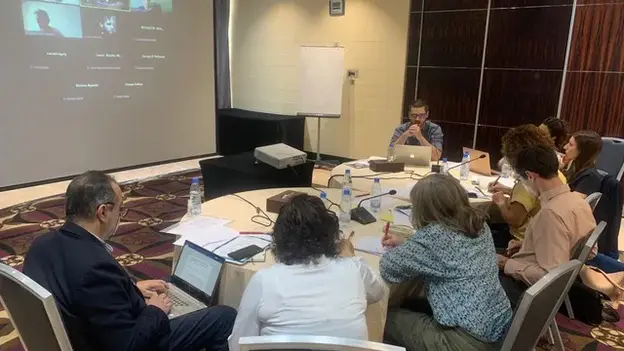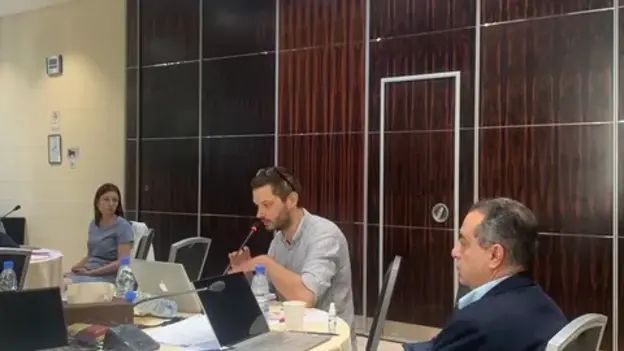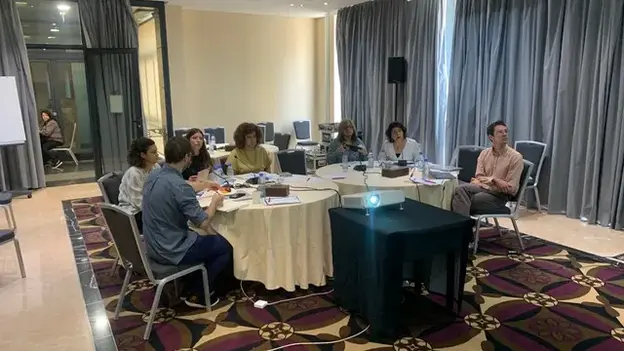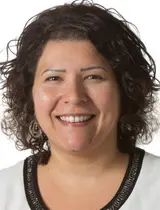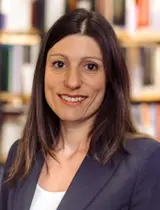Tandem Project
Lived Citizenship: Arab Experiences
Lived Citizenship remains an underdeveloped concept in social sciences. This project explores the concept’s potential for grasping how rights, obligations and forms of belonging are experienced by different parts of society. The concept underscores that various categories of social difference produce different modes of appropriation and contestation of citizenship. It considers citizenship as always gendered, classed, racialized, and as critically intersecting with relations of privilege, subordination and violence. The specific interest of this project lies on citizenship as experienced in the discourses of ideal or imagined citizenship promoted in official sources as well as in everyday interactions. The concept of Lived Citizenship is therefore particularly well suited to examine access to rights, the fulfilment of associated obligations and rituals of legitimation and belonging in Arab countries and Arab diasporic communities.
Authors’ Workshop in Beirut: How infrastructure, movements and health care shape experience of citizenship
As part of the project, an authors’ workshop in Beirut brought together scholars from various disciplines and diverse geographic backgrounds to present and discuss their research papers, tackling the theme of ‘Lived Citizenship’ in different Arab countries as well as Arab diasporas in Germany and beyond.
The discussed topics included a wide range of case studies in different countries. For example, Dr. Nada Al-Kouny (American University in Cairo) examined the impact of infrastructure on citizenship in Egypt’s Nile Delta and concluded, that one can extend the concept as an Infrastructural Citizenship. Looking at the Tunisian south, Dr. Joshua Rigg found that ’local protests like the Kamour Sit-in with concrete demands that demonstrators made and their decentralized, participatory approach, are a good example of how the subjective experiences that lead to a successful Lived Citizenship can develop from bottom-up rather than top-down engagements’. Dr. Yasemin Ozer (City University of New York) conducted an ethnographic study following a Syrian health care broker in Istanbul and concluded that through her work in health care, she enables and facilitates lived citizenship for others. Other papers focus on clandestine political movements in Khartoum in Sudan, the Imider Protest Camp in Morocco, and the Hirak Movement in Algeria.
During the public roundtable discussion, Prof. Dr. Rima Majed and Dr. Jamil Mouawad (both American University of Beirut) presented their views on past and current mobilisations and developments in Lebanon's society in view of the upcoming parliamentary elections. The discussants stated that many parts of the Lebanese society are struggling to engage in Lived Citizenship as they are facing an absent state, or rather a shadow state instead of a public state. In a context where public services are barely functioning, the question is to whom to address their demands and how.
Accordingly, Dr. Salwa Ismail, SOAS University of London, argues in her concluding statement that
being a citizen is not just about formal rights, but about lived experiences. These can be access to rights, inclusion, identity, mobilization, a struggle to make life liveable. But these experiences can go hand in hand with exclusion, othering, racialization, exposure to danger and violence. Lived Citizenship asks what it takes to be an engaged citizen, and what that means is highly dependent on the spatial and temporal context and negotiation within the society and the state.
Special Issue on Intersections of Lived Citizenship with Everyday Forms of Contestation
The envisioned Special Issue of the Citizenship Studies journal will be particularly concerned with the intersections of lived citizenship with everyday forms of contestation as well as the episodes of mass mobilization that have shaped the contemporary politics of many countries in the region. It will investigate the transformations of lived citizenship along journeys of migration in encounters with immigrant reception homes, integration courses and formal and informal labour markets. It also explores how everyday realities, narratives, and encounters within formal and informal institutions reflect different constellations of the relationship between state and citizen.
- Disciplines Involved
- Social and Cultural Anthropology, Political Science, Sociology, Geography, Urban Studies and Planning
- Event Date
- 28 - 29 April 2022
- Venue
- Hotel Crowne Plaza, Beirut, Lebanon
- Cooperation Partner
- Arab Forum for Alternatives (AFA)
- Project Title
- Lived Citizenship in the Arab region
- Year
- 2022
- Funding Scheme
- Tandem Project
- Countries Involved
- Egypt, Germany, Lebanon, Algeria, France, Poland, United Kingdom
- AGYA Publication
- Lived citizenship and the Arab Uprisings: everyday politics, mobilization and belonging
